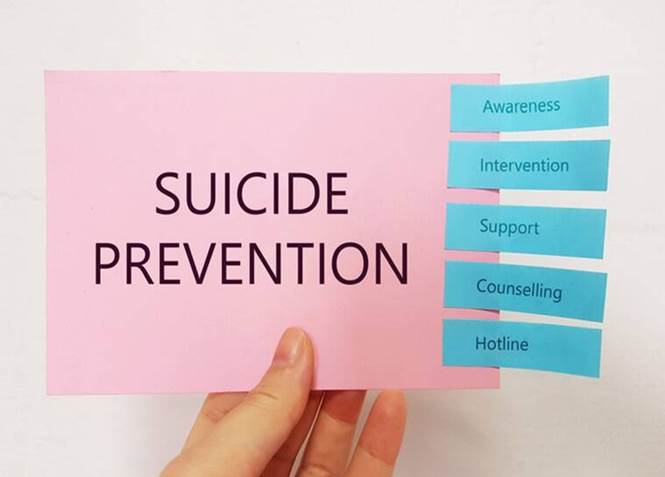





Copyright infringement not intended
In News
Details
Way Forward
https://epaper.thehindu.com/Home/ShareArticle?OrgId=GRDAHU833.1&imageview=0
https://t.me/+hJqMV1O0se03Njk9










© 2025 iasgyan. All right reserved